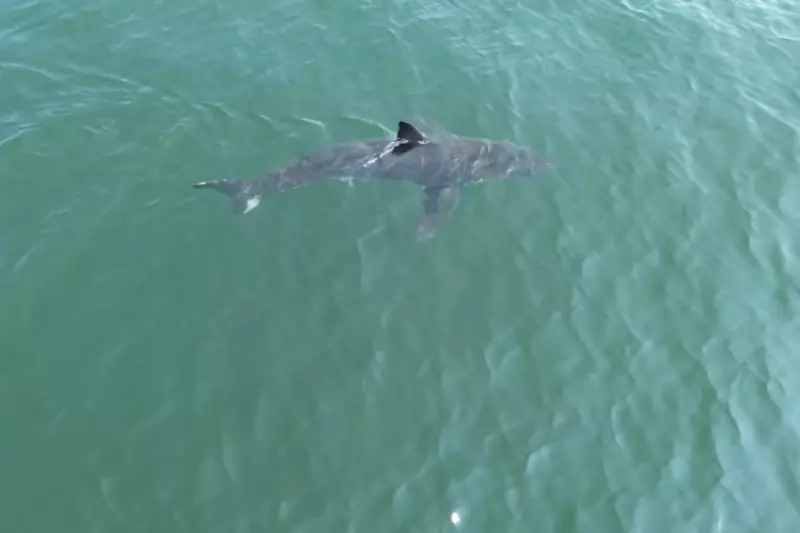
A remarkable surge in great white shark activity is being recorded off the coast of Maine, signalling a significant shift in the marine ecosystem of the North Atlantic. Researchers from the non-profit organisation OCEARCH are tracking multiple sharks venturing into these historically cooler waters, with the latest data pinpointing a 1,400-pound male named Ironbound just off the coast of Scarborough.
This uptick in sightings forms part of a broader pattern of the sharks expanding their range northwards. While the presence of these apex predators might cause alarm, scientists are quick to emphasise that the risk to humans remains extremely low. The real story, they argue, is one of ecological recovery and fascinating animal behaviour.
Tracking the Ocean's Apex Predators
The research efforts, led by groups like OCEARCH, rely on sophisticated satellite tagging technology. By attaching tags to the sharks' dorsal fins, scientists can monitor their migration patterns, depth, and water temperature preferences in real-time whenever they break the surface.
This data has been invaluable, revealing that the Gulf of Maine is not just an occasional stop but a developing summer feeding ground. The sharks are believed to be following their primary food source: fat-rich seals, whose populations have rebounded dramatically in recent decades.
From Fear to Fascination: Changing Public Perception
The appearance of a great white shark near popular beaches inevitably draws public attention. However, the narrative is steadily shifting from the Hollywood-inspired fear of Jaws to one of scientific curiosity and conservation.
Marine biologists are using this opportunity to educate the public on the critical role sharks play in maintaining healthy oceans. Their presence is a sign of a balanced marine environment. Officials and experts are advocating for a response based on knowledge rather than fear, encouraging beachgoers to be 'shark smart' by avoiding areas with seals and staying close to shore.
This newfound activity off the coast of New England opens a new chapter in Atlantic marine biology, offering an unprecedented opportunity to study and understand these magnificent creatures in a changing ocean.





